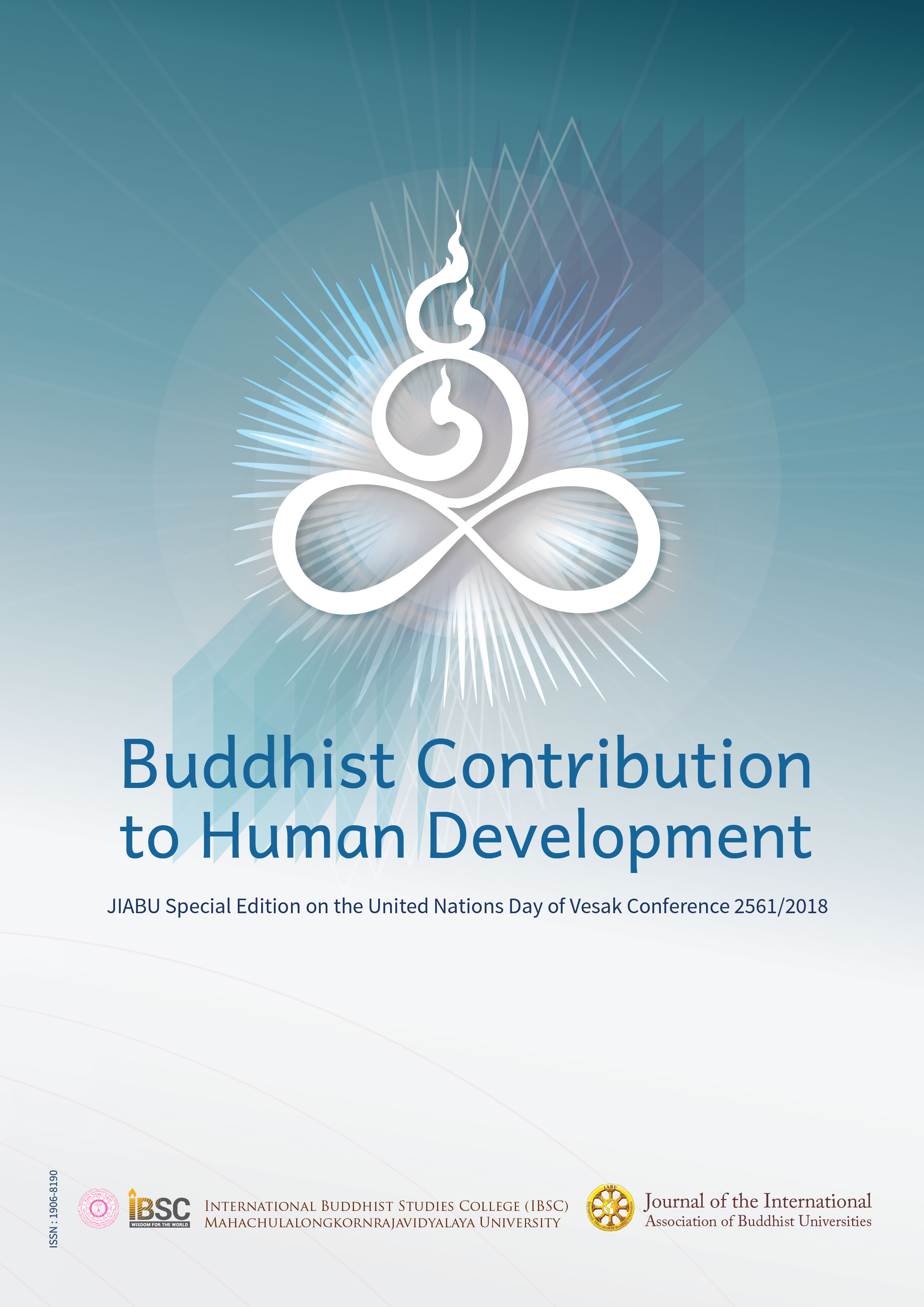How Did the Buddha Foster Critical Thinking and Thereby Contribute to Human Development?
Main Article Content
Abstract
This research paper is focused on the Buddha as a philosopher comparing and
contrasting him with Socrates. These two important figures could be studied by many points
of view. Buddha and Socrates developed their ideas of critical thinking and practiced them,
thereby contributing to human development. The way in which Buddha spoke of his teaching
is pragmatic, in saying that he teaches only suffering and its elimination. However, a more
expansive view is afforded when one views Buddhism as one of the schools of Indian
Philosophy. Viewing the panorama of Materialists, Skeptics, Ajivikas, Jains, Fatalists, Takki,
and Traditional Brahmins, it becomes evident why in the Sutta Pitaka so much of the Buddha’s
effort is directed at stating, clarifying, and refuting these alternative philosophical views.
Article Details
Views and opinions expressed in the articles published by The Journal of the International Association of Buddhist Universities (JIABU), are of responsibility by such authors but not the editors and do not necessarily reflect those of the editors.
References
Jayatilleke, K.N. (1963), Early Buddhist Theory of Knowledge.
Kalansuriya, A.D.P. (1987), A Philosophical Analysis of Buddhist Notions: The Buddha and
Wittgenstein.
Kalupahana, David J. (1976), Buddhist Philosophy.


